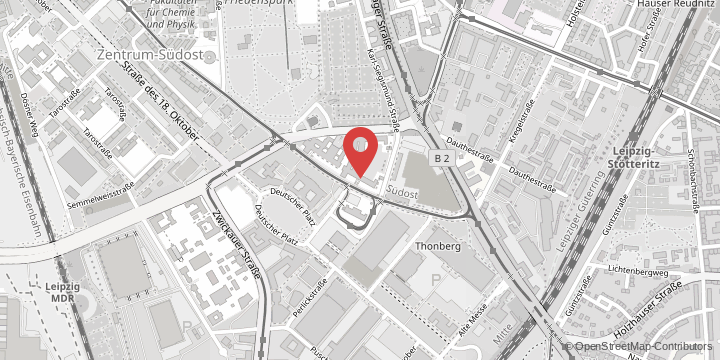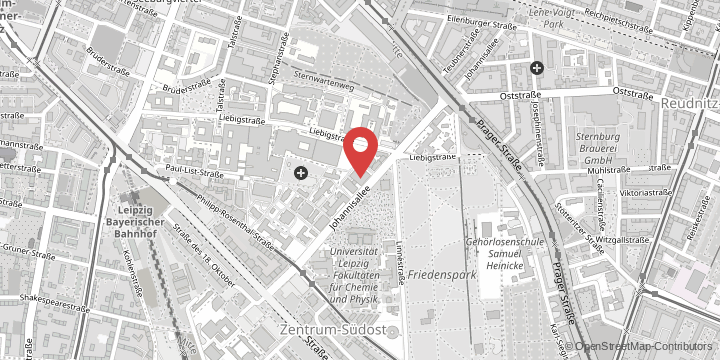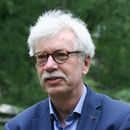Profile
Abstract
Andreas Diekmann studied sociology and psychology in Hamburg and Vienna. He is a Senior Professor at the University of Leipzig since 2018. He was Professor of Sociology at ETH Zurich (2003-2016) and Fellow of the Wissenschaftskolleg Berlin (2017-2018). Research interests include social cooperation, experimental game theory, environment and population, and social research methods. He is a member of the Academy of Sciences Leopoldina, was a senator of the section "Economics and Empirical Social Sciences" and is speaker of the class Humanities, Social and Behavioral Sciences since 2022. He is also a Fellow of the European Academy of Sociology and a co-editor and board member of journals and research institutions. Recent publications focus on reducing energy consumption, analyzing environmental pollution with georeferenced data, and research on norms, cooperation, and social dilemmas.
Professional career
- since 10/2018
Senior Professor, University of Leipzig - since 09/2016
Lecturer at ETH Zurich (2016 -2021) and University of Zurich (2021-) - 09/2016 - 03/2020
Head of SNF-Environmental Research Group at the Department of Humanities, ETH Zurich - 09/2017 - 07/2018
Fellow at Institute of Advanced Study (Wissenschaftskolleg), Berlin - 04/2003 - 07/2016
Professor of Sociologiy and Environmental Studies, ETH Zurich - 01/1991 - 03/2003
Professor (chair) for empirical sociology and social statistics and Co-Director of the Institute of Sociology, Faculty of Law and Economics, University of Berne, Switzerland - 04/1989 - 12/1990
Professor for research methods and statistics at the Faculty of Social Sciences, University of Mannheim - 10/1987 - 03/1989
Scientific Director at the Center for Survey Studies and Methodology (ZUMA), Mannheim - 04/1984 - 09/1987
Assistant Professor, University of Munich - 04/1980 - 03/1984
Assistant Professor, Institute for Advanced Studies, Vienna - 10/1979 - 03/1980
Teaching and Research Assistant at the University of Hamburg - 10/1975 - 09/1976
Research assistant, University of Hamburg
Education
- 11/1987
Habilitation (Dr.rer.pol.habil) at the Faculty of Social Sciences, University of Munich - 10/1979
Doctoral degree (Dr.rer.pol.), Faculty of Economics, University of Hamburg - 06/1977 - 08/1977
Statistics and research methods at the University of Michigan, Ann Arbor (summer semester, ICPSR-program) - 10/1975 - 03/1984
Postgraduate Studies of Sociology, Social Statistics, Psychology at the University of Hamburg and the University of Vienna - 10/1970 - 11/1975
Studies in sociology at the University of Hamburg (major), psychology (minor), Degree: Diplom-Soziologe (M.A. equivalent)
Panel Memberships
- since 10/2022
Spokesperson of class Humanities, Social, and Behavioural Sciences of the National Academy of Sciences Leopoldina - since 01/2023
Advisory Board “From Prediction to Agile Intervention Research in the Social Sciences” (FAIR), University of Dortmund, 2023 - - since 10/2020
Member of the Board of the Hans-Albert-Institute - since 10/2019
Elected member of the „Konzil“ of the German Society of Sociology („Deutsche Gesellschaft für Soziologie - DGS“), - since 10/2018
Member at the Board of the German Environmental Survey, German Environmental Office, Berlin - since 10/2018
Member of the Board of the Centro Stefano Franscini (CSF), Ascona, ETH Zurich - since 10/2018
Member of Advisory Board SCOOP – Sustainable Cooperation. Graduate School Groningen, NL - since 10/2018
Advisory Board of the US-India Collaborative For Smart Distribution System, Washington State University - since 10/2010
Member of Board and Treasurer of section "Modelling and Simulation" of the German Society of Sociology - since 10/2008
Co-Editor Zeitschrift für Umweltpolitik und Umweltrecht
Research interests:
- Cooperation in social dilemmas and experimental game theory.
- Sociology of environment and population
- Methods of empirical social research
Social dilemmas refer to situations in which individual interests and collective welfare are in conflict. A central example is man-made climate change. It is investigated under which conditions individuals "free-ride" or cooperate. In this context game theory provides models for the analysis of social dilemmas. Andreas Diekmann has developed variants of non-linear collective good games ("volunteer's dilemma”) and explored them in experiments. This dilemma model is used today not only in the social sciences, but also in biology and computer science. Current research is concerned with the question of the emergence of social norms in dilemma situations and with applications in social science environmental research.
Another strand is social science methodological research. Diekmann has worked on anonymization techniques in surveys ("randomized response technique"), statistical methods for detecting falsified data, and the further development and application of models for the analysis of time intervals ("parametric functions of hazard rates").
Andreas Diekmann's work is interdisciplinary and follows the program of an analytical-empirical social science.
Research fields
Environment, environmental protection, ecology, Sociology
Specializations
Empirical social science studies on climate policy, environmental action, acceptance of climate and environmental policy
Environmental awareness and environmental action
CO2 levies/taxes
CO2 accounting of households
Distribution problems of environmental policy
Social cooperation
Experimental game theory
Methods of social research































































